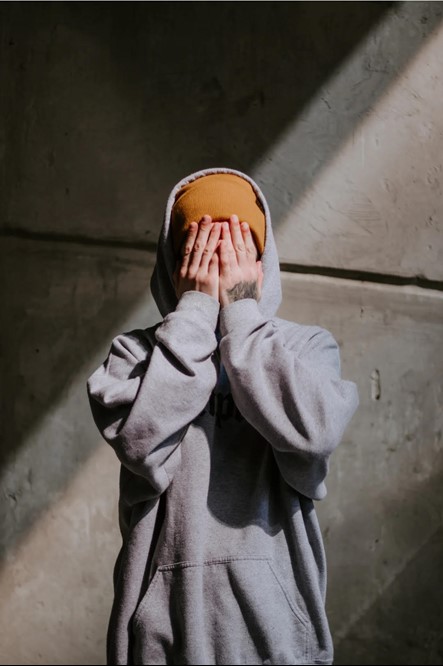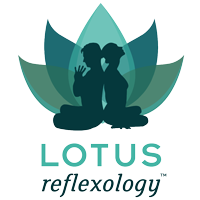Although I have been working with children and teenagers with autism since 2010 I had not seen any scientific research done until this was published in 2019. Reflexology does not tend to be researched very thoroughly as the companies who would normally fund such research don’t view it as worthwhile, however in Egypt they managed to fund a small study of 30 children.
It was called. “The Effect of Feet Reflexology on Autism symptoms and Constipation in Children with Autistic Spectrum Disorder”, and followed the 30 children while they all had 6 weeks of Reflexology therapy with a practitioner who trained specifically for the trial.
It looked at different characteristics generally associated with autism such as repetitive stereotyped behaviour and constipation, which has a very high occurrence in autistic children. The National Collaborating Centre for Women’s and Children’s Health described the negative consequences of constipation in autistic children as so severe that they would benefit from innovative non-invasive treatment.
The 2019 study found statistically significant reduction in constipation symptoms and in average scores of autism symptoms.
It concluded “that autistic children exposed to foot reflexology experienced lower mean scores of autism symptoms and less severity of constipation compared to pre-Reflexology massage. There was a significant correlation between constipation and the severity of autism symptoms.”
The study recommended that nurses should be trained to give foot Reflexology to autistic children.
The results of this study are hugely encouraging as they show what I have long suspected, namely that children with autism benefit massively from Reflexology as a supportive treatment. However the size of the study is disappointingly small, and this is why I am carrying out my own data collection project, but instead with 100 children.
I am still looking for families with children who would like to take part, so please contact me on 07811 619860, if you are interested in having your child participate.
Photo credit : Hayley Catherine (Unsplash)

